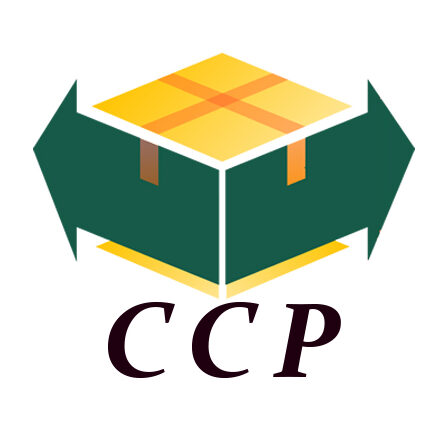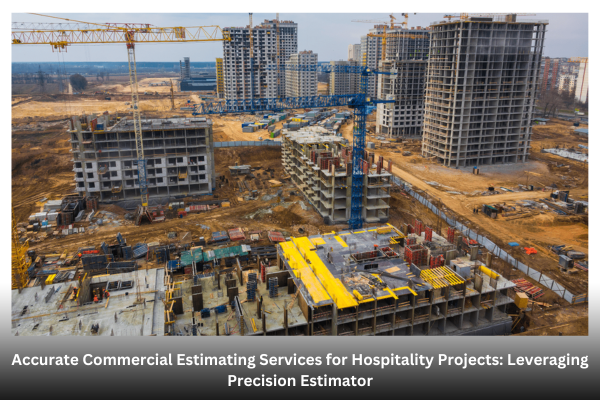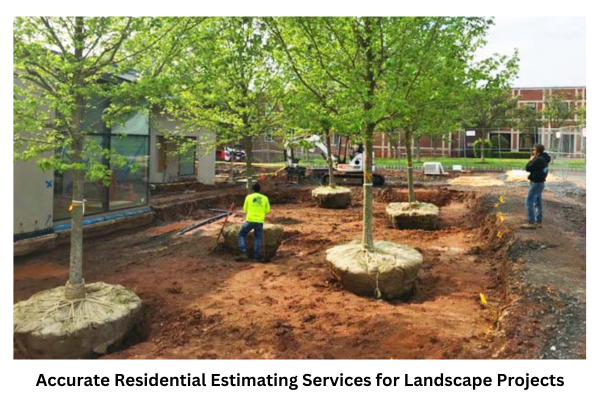The hospitality industry is a dynamic sector characterized by unique challenges and opportunities. Whether constructing a new hotel, renovating an existing property, or building a restaurant, accurate commercial estimating services are crucial for project success. By leveraging tools like Precision Estimator, stakeholders can ensure that their hospitality projects are not only financially viable but also executed smoothly from conception to completion. This article explores the importance of accurate commercial estimating services for hospitality projects and how Precision Estimator enhances this process.
The Importance of Accurate Estimating in Hospitality Projects
In the hospitality sector, the stakes are high. Projects often involve significant investments, tight deadlines, and the need to meet specific design and operational requirements. Here’s why accurate estimating is particularly important:
- Budget Control: Hospitality projects can quickly exceed initial budgets due to unexpected costs. Accurate estimating helps identify potential expenses early, allowing stakeholders to allocate resources effectively.
- Enhanced Decision-Making: Detailed estimates provide valuable insights into project feasibility, helping owners and investors make informed decisions about moving forward.
- Competitive Bidding: In a highly competitive industry, presenting an accurate estimate is essential for securing contracts. Contractors need to offer competitive bids without underestimating costs.
- Risk Mitigation: Identifying potential financial risks at the outset allows for contingency planning, reducing the likelihood of budget overruns or delays.
- Resource Management: Accurate estimates guide the procurement of materials and labor, ensuring that projects are adequately staffed and equipped.
Key Components of Accurate Commercial Estimating Services
Accurate commercial estimating services for hospitality projects involve several critical components:
- Detailed Quantity Takeoff: This involves measuring and quantifying all materials required for the project, including structural elements, finishes, fixtures, and equipment. Precision in this step is essential to prevent overspending.
- Cost Database Utilization: Using up-to-date cost databases allows estimators to access current pricing for materials and labor. This ensures that estimates reflect real market conditions.
- Labor Cost Analysis: Understanding local labor rates and estimating the number of hours required for various tasks is crucial for a realistic estimate. This also includes considering any specialized labor that may be needed.
- Indirect Costs Assessment: In addition to direct costs, estimators must account for overhead, insurance, permits, and other indirect costs that can significantly impact the overall budget.
- Contingency Planning: A well-prepared estimate includes a contingency allowance to cover unexpected expenses, ensuring that projects remain on track even when surprises arise.
Leveraging Precision Estimator for Hospitality Projects
Precision Estimator is a powerful tool that can significantly enhance the accuracy and efficiency of commercial estimating services for hospitality projects. Here’s how:
- User-Friendly Interface: Precision Estimator’s intuitive design allows estimators to easily input data and navigate through various features, reducing the time needed for training and implementation.
- Integration with Cost Databases: The software connects to comprehensive cost databases, ensuring that estimates are based on the most current market data. This integration helps avoid discrepancies caused by outdated pricing.
- Customizable Templates: Estimators can create and modify templates tailored to specific types of hospitality projects, ensuring consistency and accuracy across different estimates.
- Real-Time Collaboration: Precision Estimator allows team members to work on estimates simultaneously, facilitating collaboration between estimators, project managers, and architects. This enhances communication and ensures everyone is aligned on project goals.
- Comprehensive Reporting: The software generates detailed reports that outline cost breakdowns, project timelines, and potential risks. These reports are invaluable for keeping all stakeholders informed and for making data-driven decisions.
- Change Order Management: In hospitality projects, design changes are often necessary. Precision Estimator enables quick adjustments to estimates in response to changes, ensuring that all parties are aware of the financial implications.
Best Practices for Accurate Estimating in Hospitality Projects
To maximize the effectiveness of commercial estimating services in hospitality, consider the following best practices:
- Engage Early: Involve estimators in the early stages of project planning to identify potential cost-saving opportunities and align estimating with design intentions.
- Maintain Communication: Establish regular communication among all stakeholders. Frequent updates and discussions can help address issues before they escalate and ensure that everyone is on the same page.
- Utilize Technology: Leverage tools like Precision Estimator to enhance accuracy and streamline the estimating process. Ensure that all team members are trained in using the software effectively.
- Review Historical Data: Analyzing data from past hospitality projects can provide insights into typical costs and potential pitfalls, helping estimators refine their approaches.
- Document Lessons Learned: After project completion, take time to document the lessons learned regarding estimating and project execution. This knowledge can be invaluable for future projects.
Challenges in Estimating for Hospitality Projects
While accurate estimating is essential, several challenges can arise:
- Complex Design Requirements: Hospitality projects often involve intricate designs and high-quality finishes, making accurate estimating more challenging.
- Market Fluctuations: Prices for materials and labor can fluctuate, impacting the accuracy of estimates. Staying updated on market conditions is crucial.
- Regulatory Compliance: Navigating local building codes and regulations can complicate estimating processes, especially when changes occur mid-project.
- Project Scope Changes: As projects evolve, scope changes can occur. Estimators must be agile enough to adjust estimates accordingly while maintaining accuracy.
Conclusion
Accurate commercial estimating services are vital for the success of hospitality projects. By leveraging Precision Estimator, stakeholders can enhance their estimating processes, leading to better budget control, informed decision-making, and ultimately, successful project outcomes. The collaborative nature of hospitality projects, combined with the detailed analysis provided by effective estimating, ensures that projects not only meet financial goals but also exceed the expectations of owners and guests alike. As the hospitality industry continues to grow and evolve, the role of accurate estimating will remain a cornerstone of successful project delivery.For more information visits our social accounts Facebook, Instagram, Twitter, and Linkedin.


